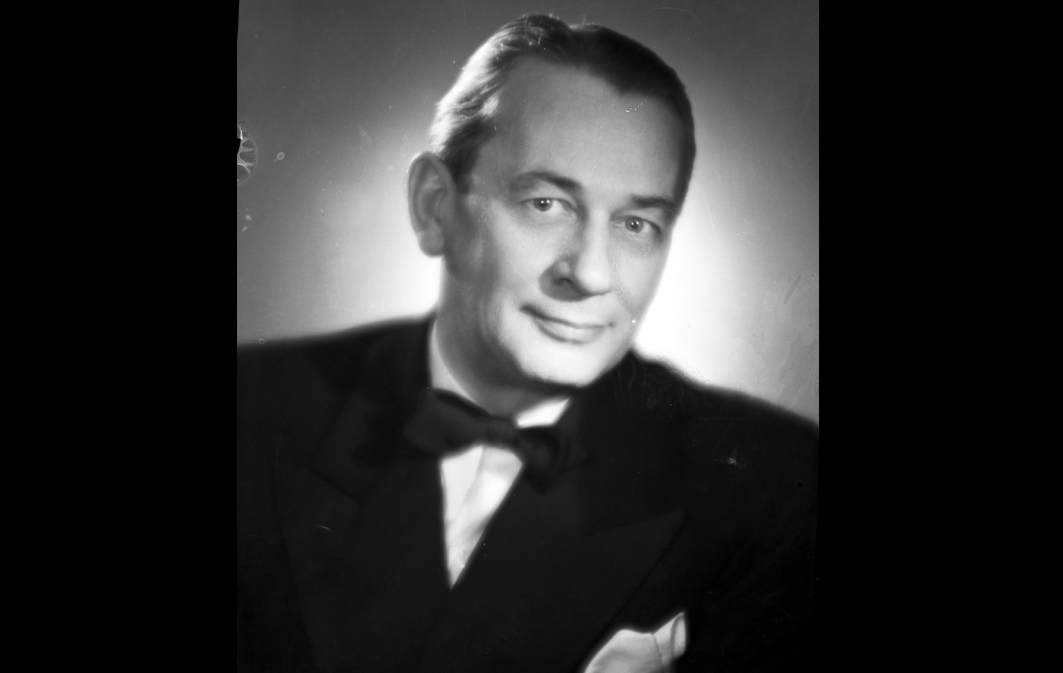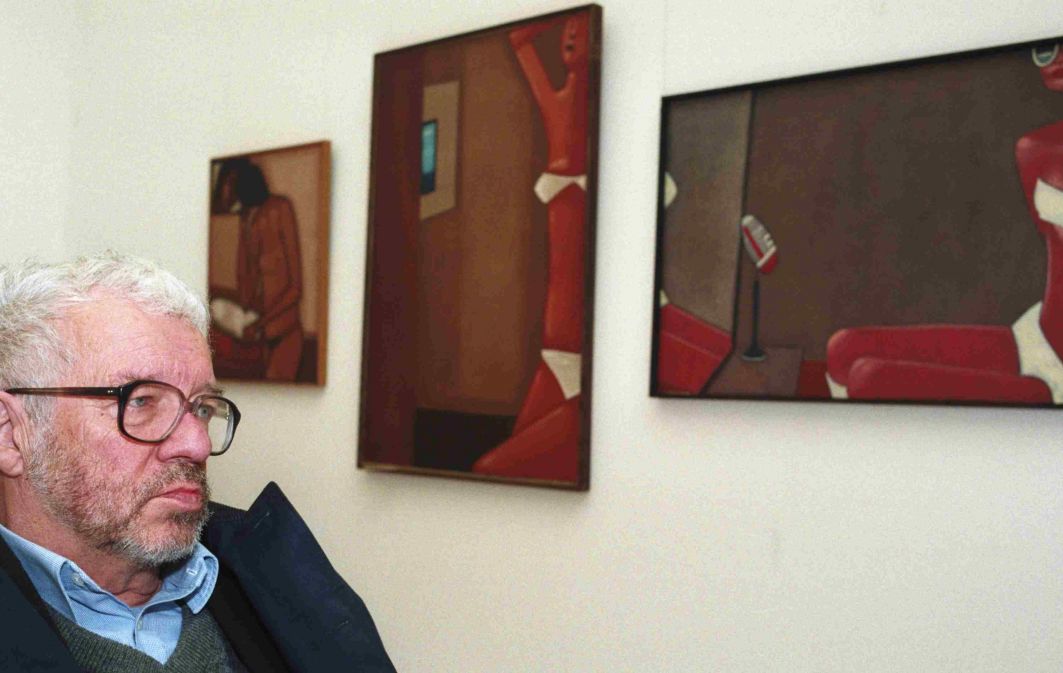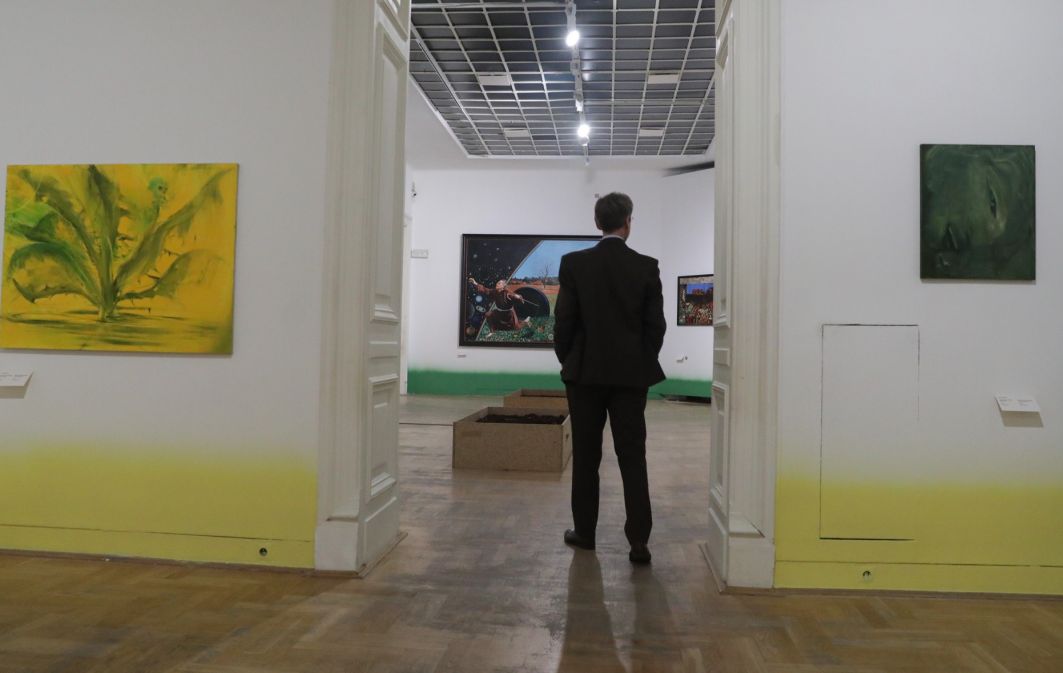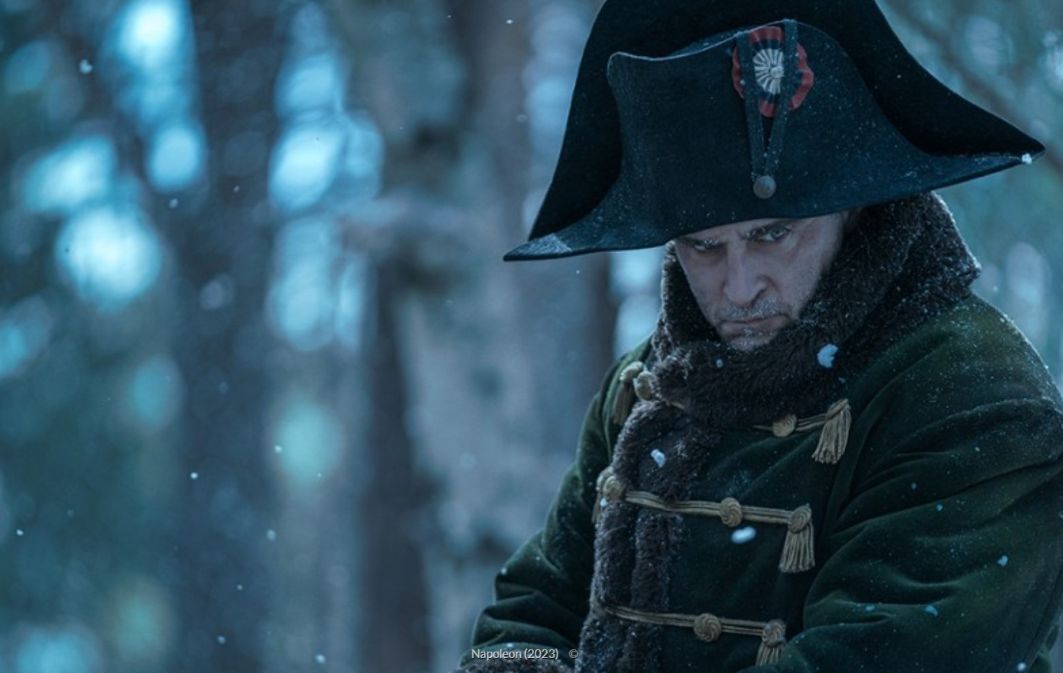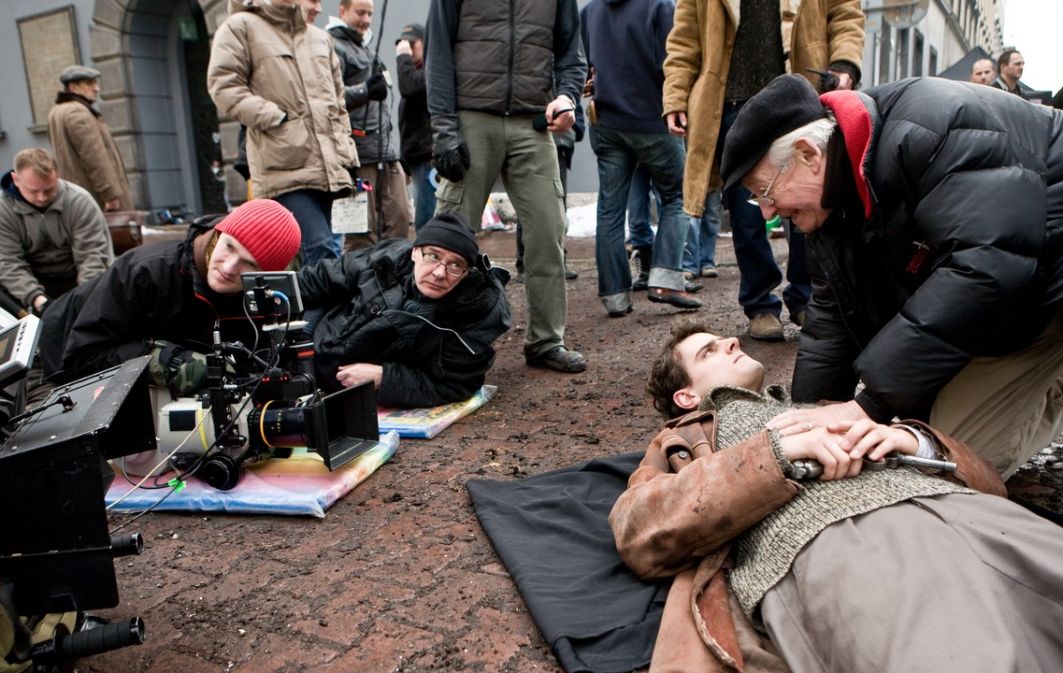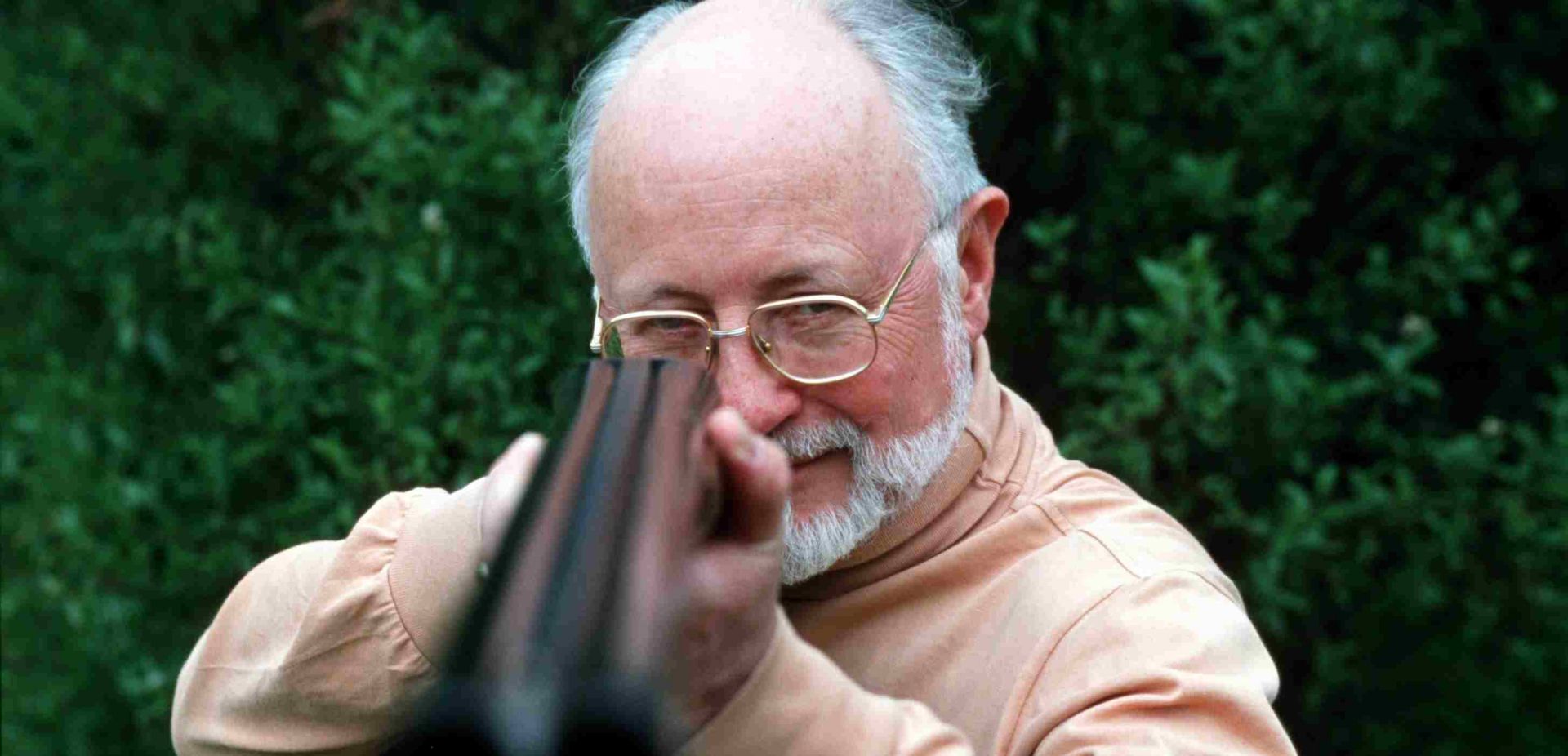
Vladimir Volkoff’s merit to unmask USRR policy and its spying methods are indisputable. But things get complicated if we take into consideration the writer’s attitude towards post-Soviet Russia.
 SIGN UP TO OUR PAGE
SIGN UP TO OUR PAGE
 As everybody knows, the institutional Russian Orthodoxy was then subjugated to the Soviet régime (nowadays it remains in cahoots with the Kremlin). The Church structure had been infiltrated by the KGB. The metropolitan Nicodemus himself – according to the materials coming from the Mitrokhin Archive (collection of confidential and classified Soviet documents carried away to the West in 1992) – was an agent of this service under the pseudonym “Adamant”.
As everybody knows, the institutional Russian Orthodoxy was then subjugated to the Soviet régime (nowadays it remains in cahoots with the Kremlin). The Church structure had been infiltrated by the KGB. The metropolitan Nicodemus himself – according to the materials coming from the Mitrokhin Archive (collection of confidential and classified Soviet documents carried away to the West in 1992) – was an agent of this service under the pseudonym “Adamant”.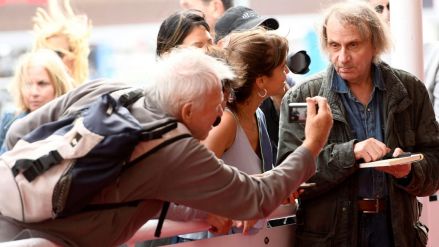
The most serious candidate for the Nobel Prize in Literature. Which he didn’t get.
see more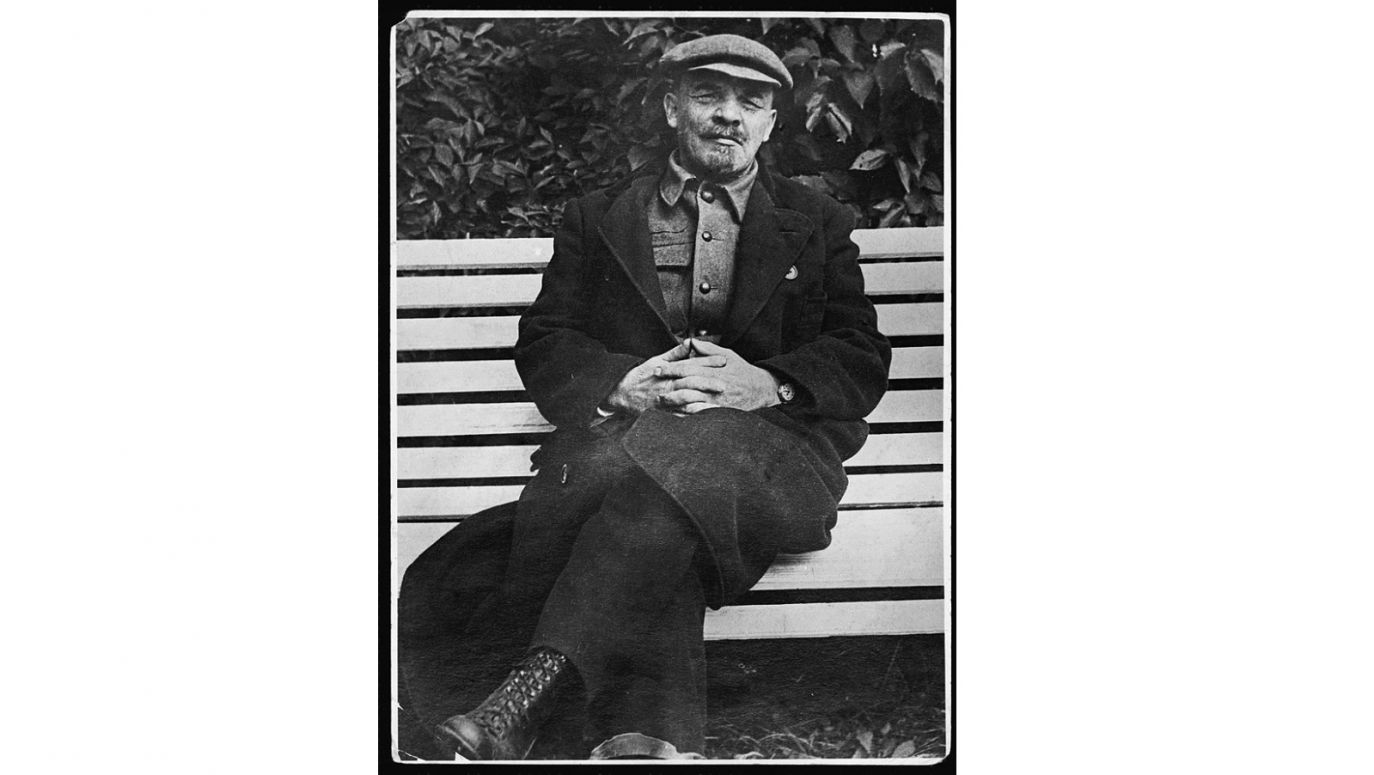
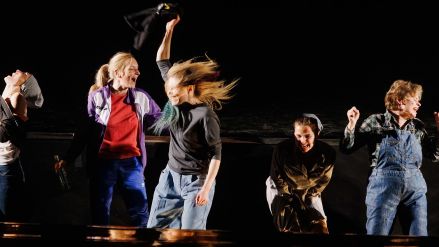
Mickiewiczian Konrad is a women walking on crutches. We don’t know the reasons for this misfortune.
see more
•Vladimir Volkoff „Carskie sieroty”, przekład – Beata Biały, Klub Książki Katolickiej, Dębogóra 2006
•Vladimir Volkoff „Gość papieża”, Klub Książki Katolickiej, przekład – Iwona Banach, Klub Książki Katolickiej, Poznań 2005
•Vladimir Volkoff „Montaż”, Klub Książki Katolickiej, przekład – Adam Zalewski, Klub Książki Katolickiej, Poznań 2005
•Vladimir Volkoff „Spisek”, Klub Książki Katolickiej, przekład – Beata Biały, Klub Książki Katolickiej, Dębogóra 2008
